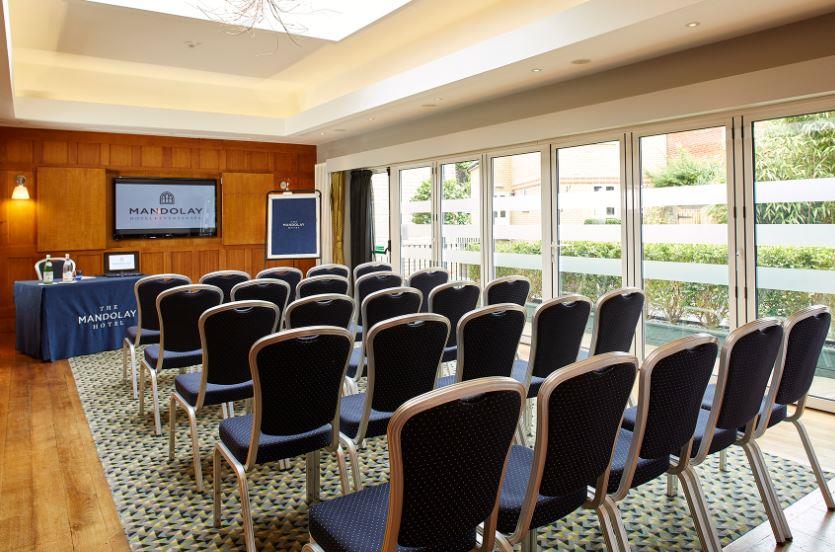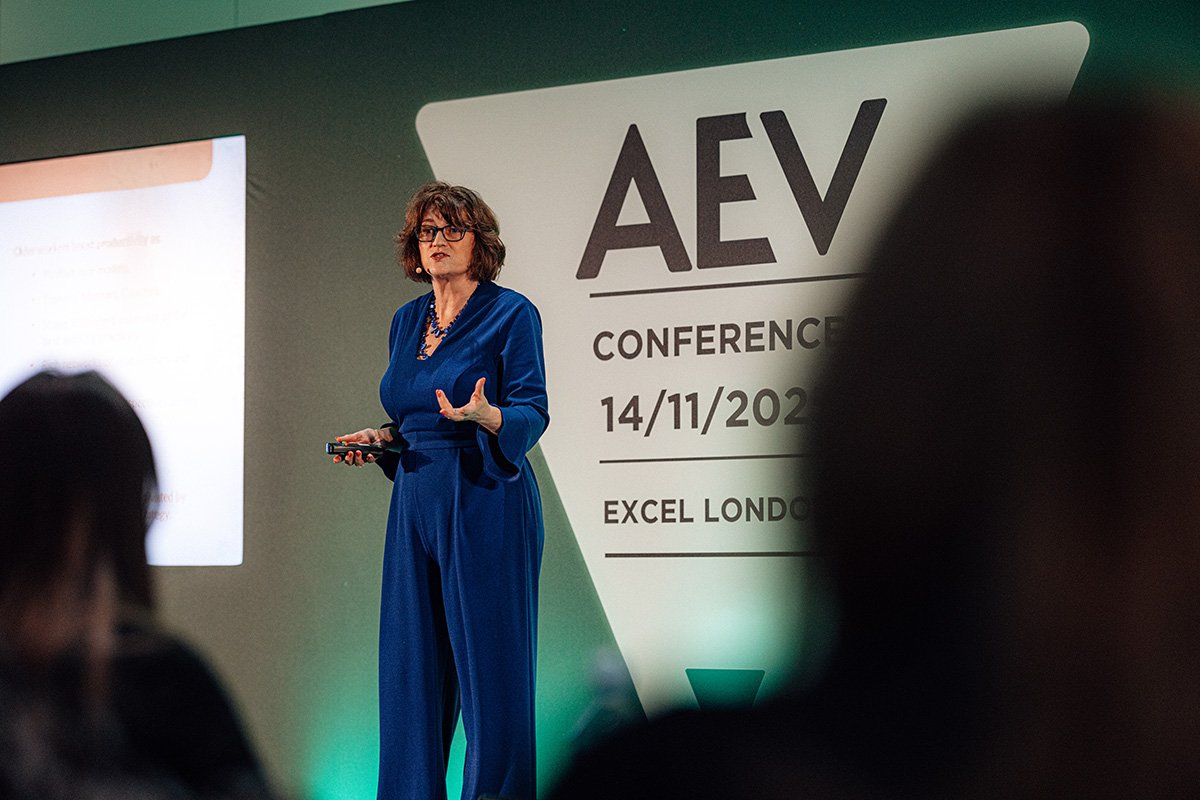- Home
- Conferences
- Meeting
- Weddings
- Parties
- Venue Location
London
England
- Special Offers
- List Your Venue
What happens after an event?
Mar 09, 2006 | Blog
John Spain thinks organisers should ask questions after the event.
How often do you conduct post-event research? Do you ever ask your delegates, clients or guests what they thought about the event you ran for them? Are you sure that when your event is over, everyone goes home delighted by what they have just experienced and eager to do it again as soon as possible?
It is true that when an event is finished it is all too tempting for the organiser to metaphorically and actually put their feet up and relax for a while before starting the business of running the next one. Indeed, the next one needs just as much work as the last so why look back at the past when you should be looking forward to the future?
That is to ignore the lessons history teaches us. If you don’t look back at previous events how can you possibly know what aspects need changing, fine-tuning, altering slightly or dropping completely in the future? This ranges from things like the catering – why do you serve poached salmon every time? – to the speakers you use, the A/V company, the venue, in fact, it actually takes in every single aspect of what you do.
Don’t worry, unless you have completely misjudged your audience you should find that there are only a few alterations that you need to make. However, it strikes me as absolutely essential that you listen to your customers and react to their observations.
To go back to the catering example, why do you assume that everybody likes poached salmon? Is it because nobody has ever complained or because you haven’t asked for other suggestions. Why do you use the same venue time after time? Is it because you have got it into your head that it is the ideal place or is it because your delegates have told you that’s where they’d like the event to be?
Asking your customers is not a sign of weakness, it doesn’t give people the impression that you’re suffering from an acute lack of imagination. It simply shows that you are being proactive with the people who actually pay your wages. At risk of sounding soapy and sentimental, it shows you care.
And who knows, despite the fact that you are the professional, the person that’s actually running the event and who, by implication, should have all the answers, you may well be slipped a gem of an idea which you can later pass off as your own innovation!
Sometimes you simply need a fresh pair of eyes. I could tell you several stories about various organisations that were on the verge of releasing important advertising material only to realise that they had forgotten to mention their USP. How embarrassing would that have been?
So, don’t be afraid to ask questions. The next step is to ask the right questions, but that’s a subject for another day.
Latest News
 Teesside University’s Digital Life Wins Education Project of the Year at AV Awards 2025
Teesside University’s Digital Life Wins Education Project of the Year at AV Awards 2025 Mandolay Hotel: Guildford’s Boutique Gem of Style and Service
Mandolay Hotel: Guildford’s Boutique Gem of Style and Service Crowne Plaza Newcastle Strengthens Local Partnerships to Create Career Pathways in Events and Hospitality
Crowne Plaza Newcastle Strengthens Local Partnerships to Create Career Pathways in Events and Hospitality AEV Sets the Pace for Venue Innovation with Its Sold-Out Annual Conference
AEV Sets the Pace for Venue Innovation with Its Sold-Out Annual Conference CHS Manchester Launches for 2026
CHS Manchester Launches for 2026

